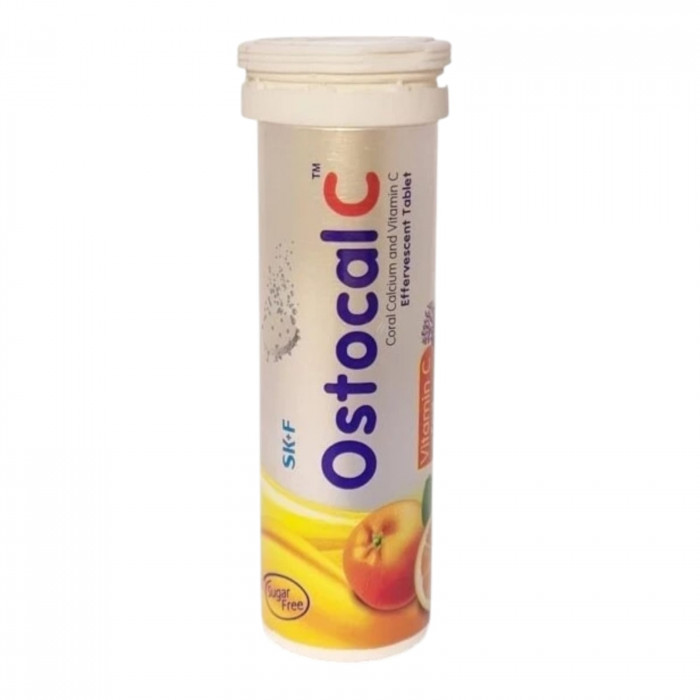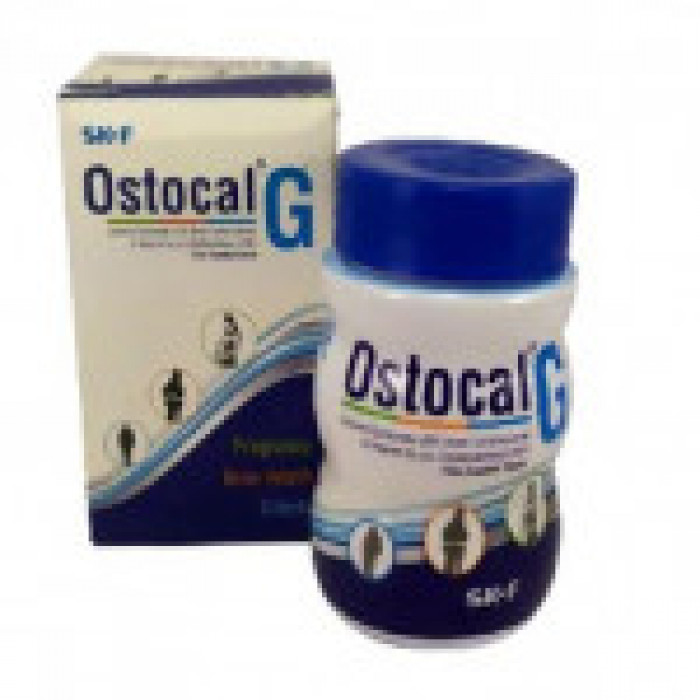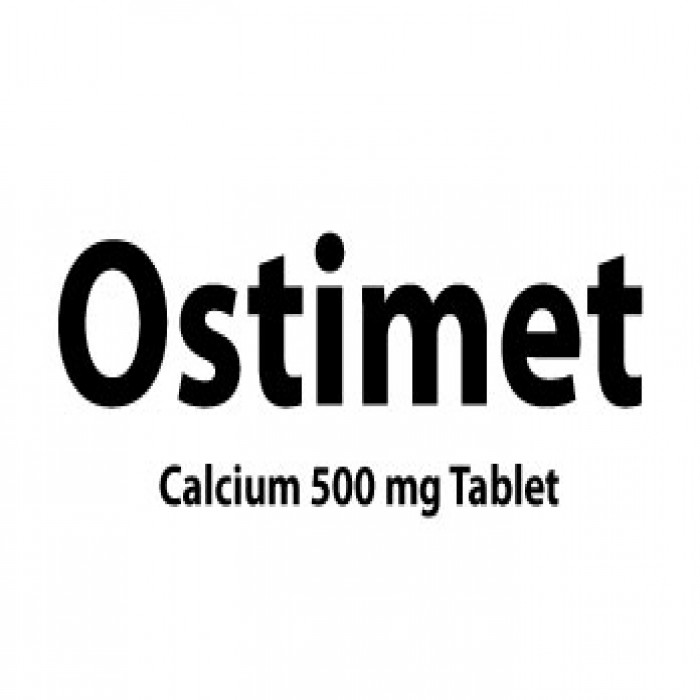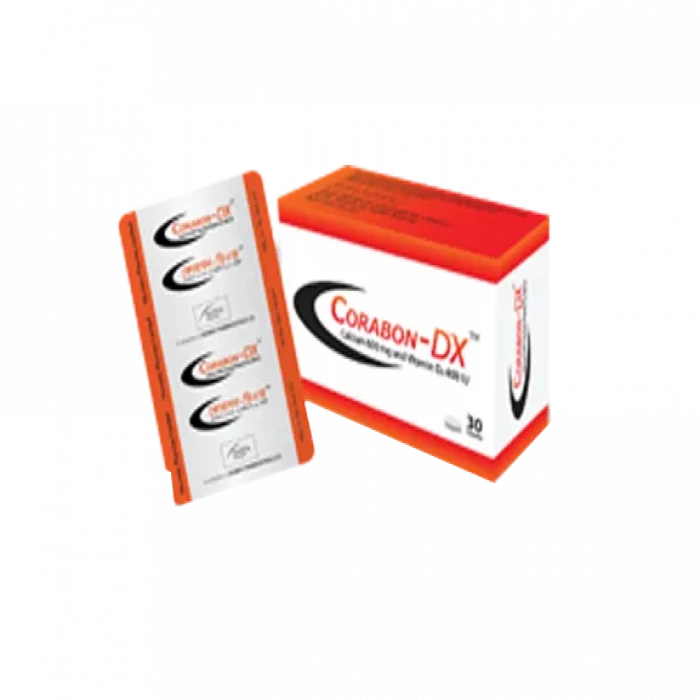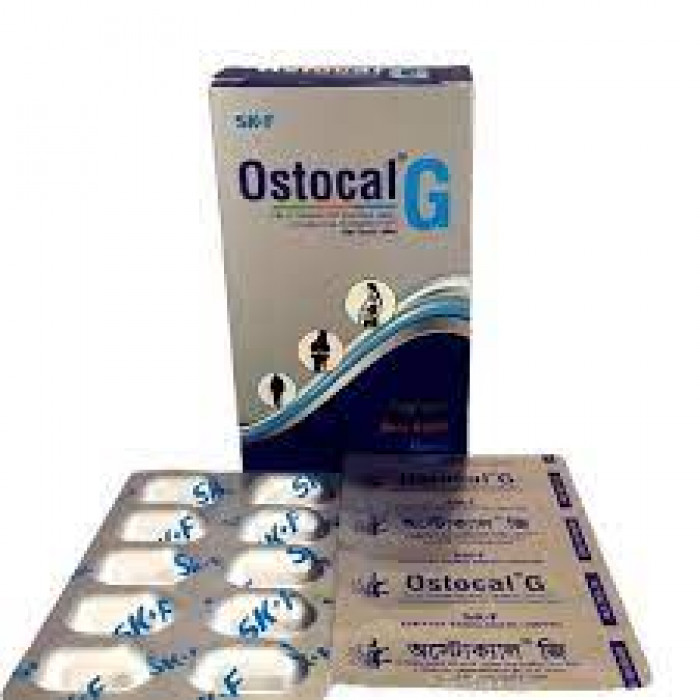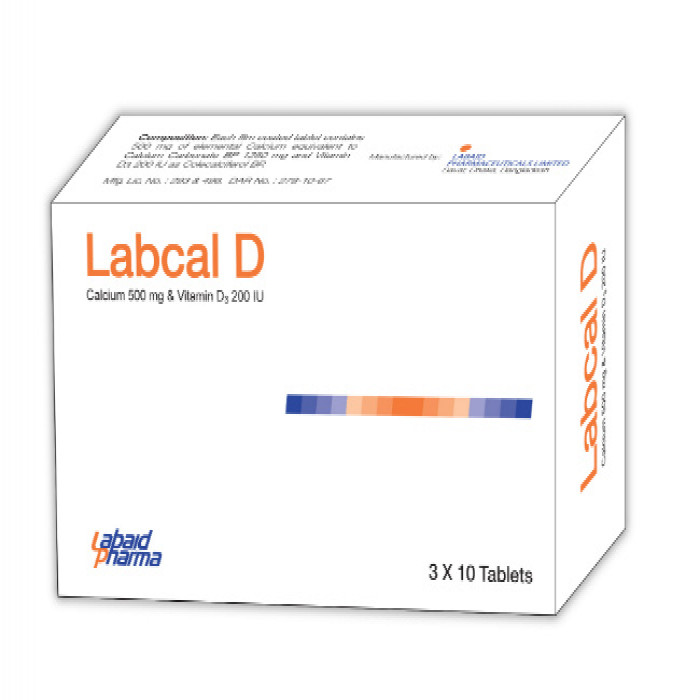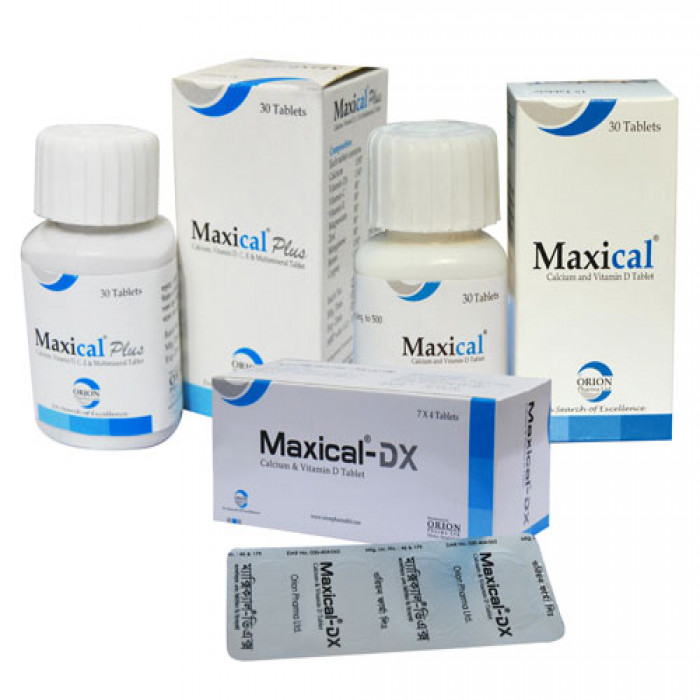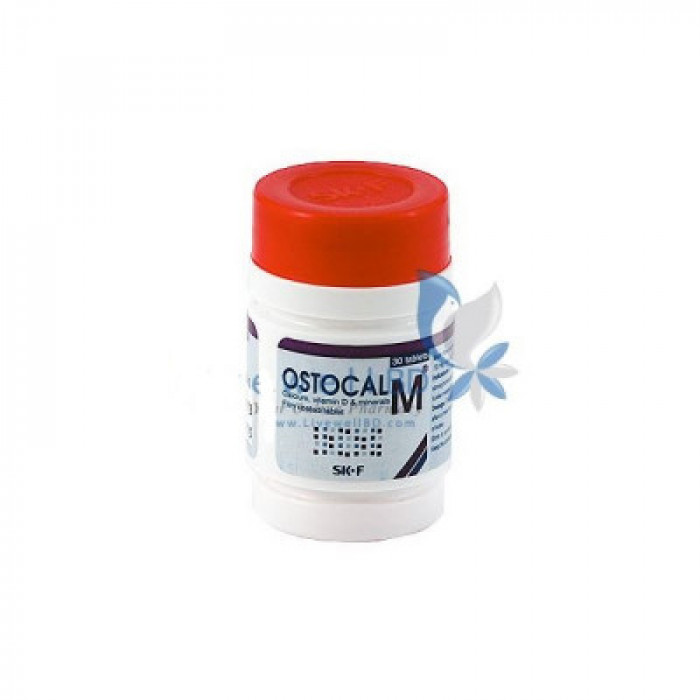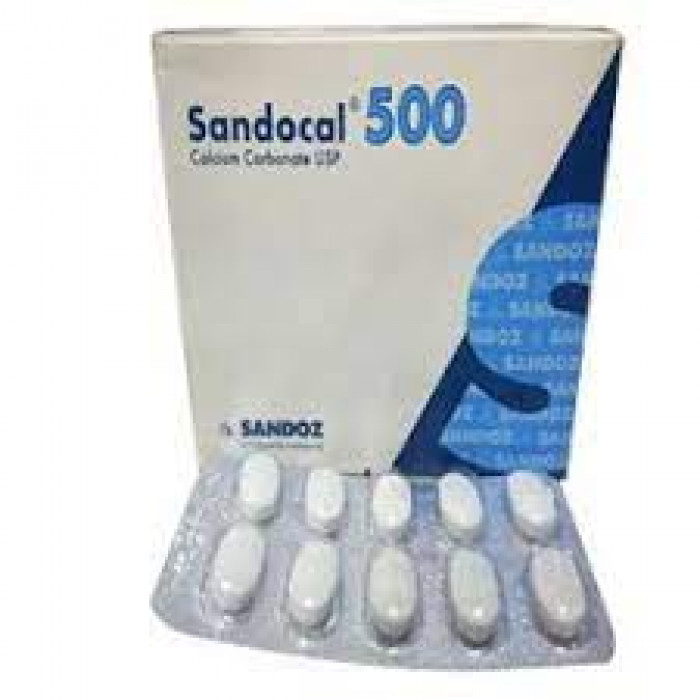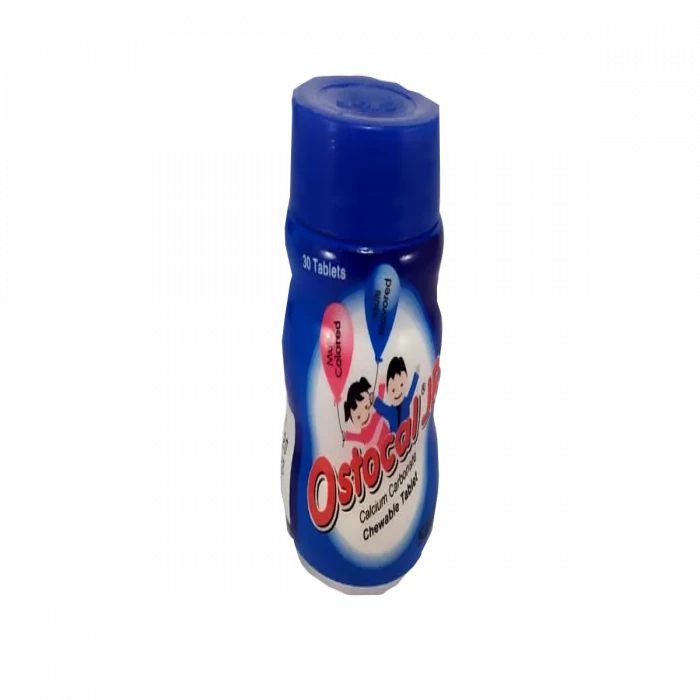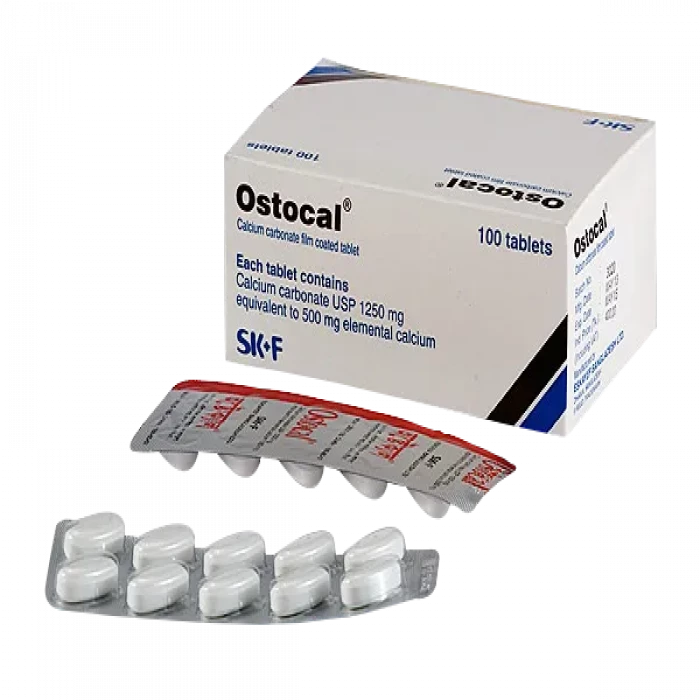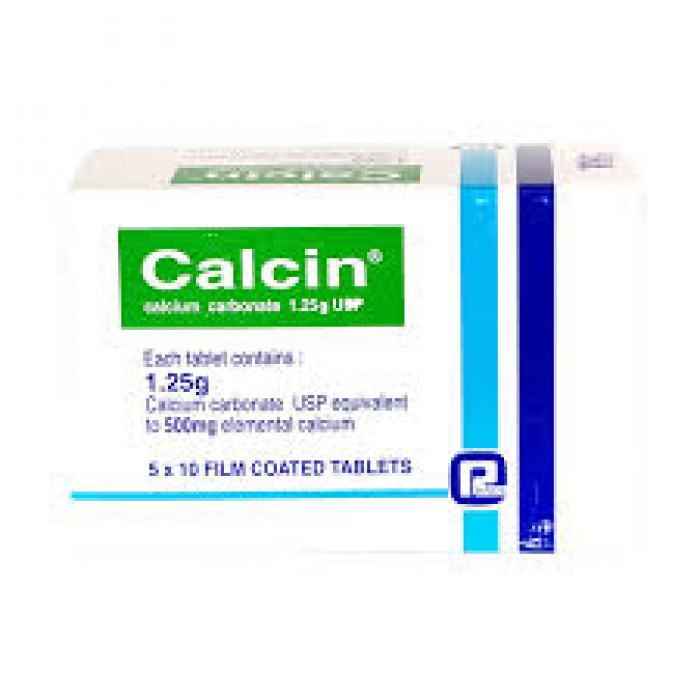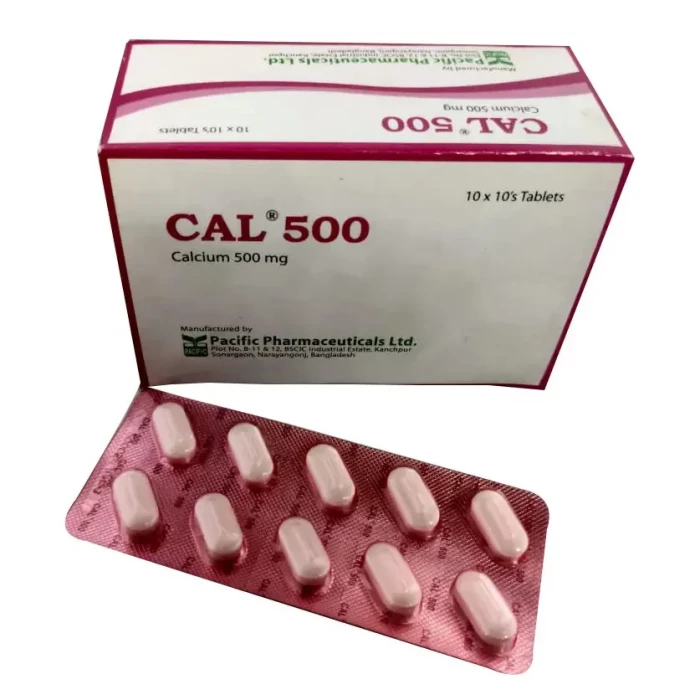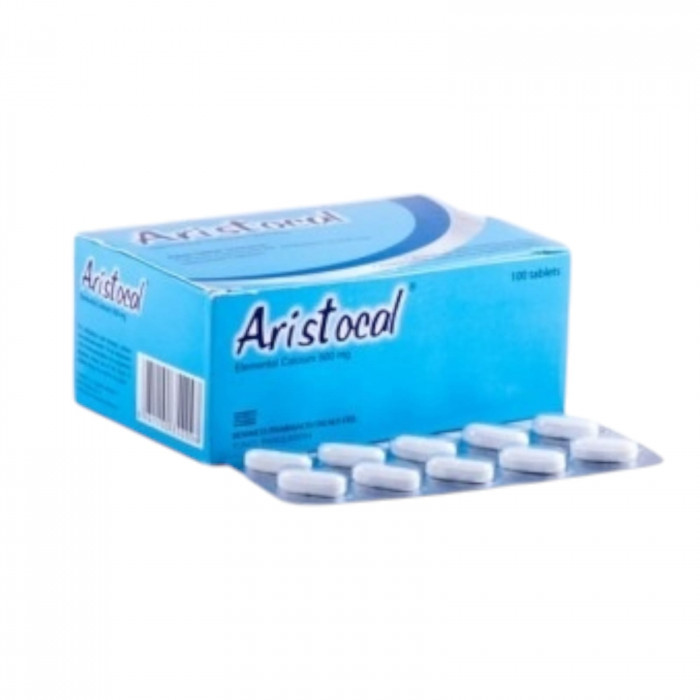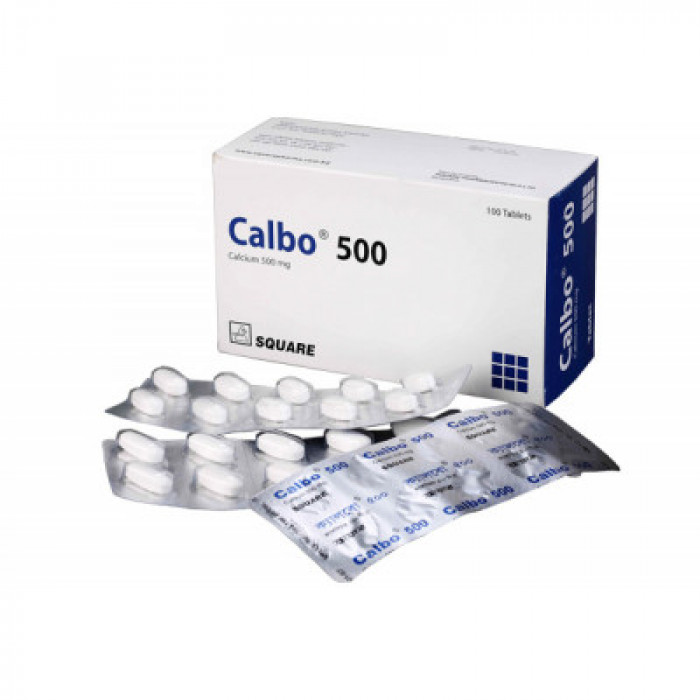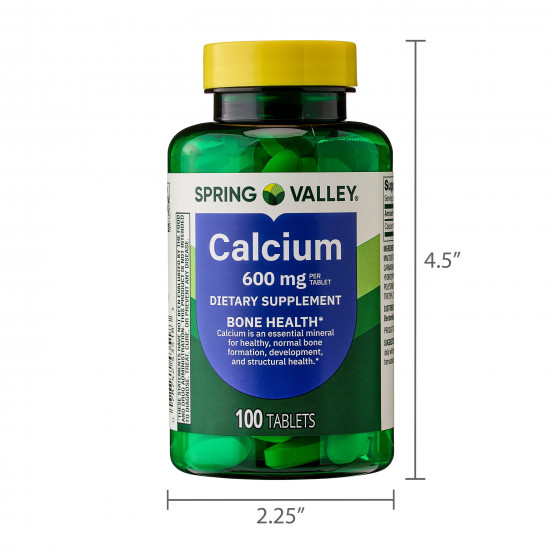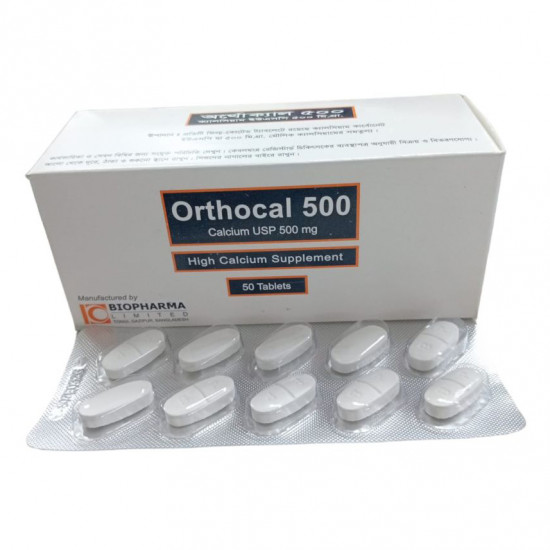
✔ 100% Authentic Product
👁️ Currently Viewing 1400
Calcium Carbonate neutralizes gastric acid by reacting with hydrochloric acid in the stomach:
CaCO₃ + 2HCl → CaCl₂ + H₂O + CO₂
This reaction increases gastric pH, reducing the activity of pepsin and alleviating acidity. Up to 30% of the orally administered calcium may be absorbed from the gastrointestinal tract.
Discount
Price: ৳ 44
MRP:
৳
45
2%
Off

100% Genuine Products, Guaranteed

Safe & Secure Payments, Always

Fast, Secure & Efficient Delivery

Proper Packaging
 Cash on Delivery - All over Bangladesh
Cash on Delivery - All over Bangladesh Regular Delivery - 12-24 Hours, Dhaka City* Charge Tk.39-59
Regular Delivery - 12-24 Hours, Dhaka City* Charge Tk.39-59 Regular Delivery - 24-48 Hours, Other Cities* Charge Tk.99-110
Regular Delivery - 24-48 Hours, Other Cities* Charge Tk.99-110
 ফ্রি ডেলিভারিঃ - ৯৯৯ টাকা+ অর্ডারে, ঢাকা
শহরে
ফ্রি ডেলিভারিঃ - ৯৯৯ টাকা+ অর্ডারে, ঢাকা
শহরে ফ্রি ডেলিভারিঃ - ২৯৯৯ টাকা+ অর্ডারে, ঢাকার
বাহিরে
ফ্রি ডেলিভারিঃ - ২৯৯৯ টাকা+ অর্ডারে, ঢাকার
বাহিরে
100% Genuine Products, Guaranteed
Safe & Secure Payments, Always
Fast, Secure & Efficient Delivery
Proper Packaging
 Cash on Delivery - All over Bangladesh
Cash on Delivery - All over Bangladesh Regular Delivery - 12-24 Hours, Dhaka City* Charge Tk.39-59
Regular Delivery - 12-24 Hours, Dhaka City* Charge Tk.39-59 Regular Delivery - 24-48 Hours, Other Cities* Charge Tk.99-110
Regular Delivery - 24-48 Hours, Other Cities* Charge Tk.99-110 ফ্রি ডেলিভারিঃ - ৯৯৯ টাকা+ অর্ডারে, ঢাকা
শহরে
ফ্রি ডেলিভারিঃ - ৯৯৯ টাকা+ অর্ডারে, ঢাকা
শহরে ফ্রি ডেলিভারিঃ - ২৯৯৯ টাকা+ অর্ডারে, ঢাকার
বাহিরে
ফ্রি ডেলিভারিঃ - ২৯৯৯ টাকা+ অর্ডারে, ঢাকার
বাহিরে
✅ Description:
Orthocal Tablet (Calcium Carbonate)
Orthocal 250 mg or 500 mg tablets are indicated for the treatment and prevention of calcium deficiency when dietary intake is inadequate.
Conditions that may require supplementation include:
- Hypoparathyroidism
- Achlorhydria, chronic diarrhea, steatorrhea, and sprue
- Vitamin D deficiency
- Pregnancy, lactation, and menopause
- Pancreatitis, renal failure, alkalosis, and hyperphosphataemia
Orthocal is also used in the management of hyperphosphataemia in patients with chronic renal failure, including those on hemodialysis or continuous ambulatory peritoneal dialysis (CAPD). In such cases, it helps bind excess phosphate and may be used alongside dietary phosphate restriction or aluminum hydroxide if required.
Additionally, Orthocal can provide short-term relief of dyspeptic symptoms, though it is not recommended for long-term use in peptic ulcer disease.
Orthocal 1000 mg tablet is indicated for the symptomatic relief of acidity-related disorders such as:
- Acid indigestion
- Heartburn
- Sour or upset stomach
✔️ Dosage & Administration:
For 250 mg or 500 mg tablet:
- Adults (antacid use): 540–2000 mg Calcium Carbonate daily.
- Children: Half of the adult dose.
As a calcium supplement: 1250–3750 mg Calcium Carbonate (equivalent to 500–1500 mg elemental calcium) daily.
- During pregnancy and lactation: 1200–1500 mg calcium daily.
- In chronic renal failure: 2.5–9 g daily (dose adjusted individually).
To ensure effective phosphate binding, tablets should be taken with meals.
For 1000 mg tablet:
- Adults: 2000–3000 mg when symptoms occur; may repeat hourly if needed or as directed by a physician.
Children: Safe and effective in pediatric patients with chronic renal failure.
Elderly: May experience constipation; regular monitoring of serum calcium and phosphate is advised.
✔️ Drug Interactions:
May enhance cardiac effects of digoxin or other cardiac glycosides if hypercalcemia occurs.
May reduce absorption of tetracycline antibiotics when taken together.
In chronic renal failure, Vitamin D therapy may need adjustment to avoid hypercalcemia when Orthocal is used as a phosphate binder.
✔️ Orthocal should not be used in patients with:
- Hypercalcemia or hyperparathyroidism
- Hypercalciuria or nephrolithiasis
- Zollinger-Ellison syndrome
- Concomitant digoxin therapy (requires careful serum calcium monitoring)
Use cautiously in patients with sarcoidosis, renal impairment, or cardiac disease.
✔️ Side Effects:
Gastrointestinal irritation or constipation may occur.
Hypercalcemia is rare but may develop with excessive doses or in patients with renal failure.
✔️ Pregnancy & Lactation:
Calcium carbonate has a long history of safe use during pregnancy and lactation as a dietary supplement and antacid.
✔️ Storage:
Store in a cool, dry place at controlled room temperature, protected from light and moisture.
Keep out of reach of children.
⚠️Disclaimer:
At ePharma, we’re committed to providing accurate and accessible health information. However, all content is intended for informational purposes only and should not replace medical advice from a qualified physician. Please consult your healthcare provider for personalized guidance. We aim to support, not substitute, the doctor-patient relationship.




